Common Training Topics
Business Continuity
Organizational Resilience
Program Planning
Strategic Planning
Fortune 100
Fortune 500
Small & Med.
Non-for-profit
Volatile, uncertain, complex, and ambiguous.
Organizations that do not embrace change and evolve will die.
Flexible and caring.
The next decade will require a corporate culture that is more caring, creative, empowering, flexible, an innivative than ever.
Wicked problems require new capabilities if you have a chance at solving them before your competitors.
A more practical and flexible approach in adapting to the changing business continuity landscape.
A BC solution that fits the rest of your speedy business. Adaptive BC focuses more on value-chains than obsolete processes of documentation. Their focus on value fits the rest of the organization's efforts to reduce waste and add value.
